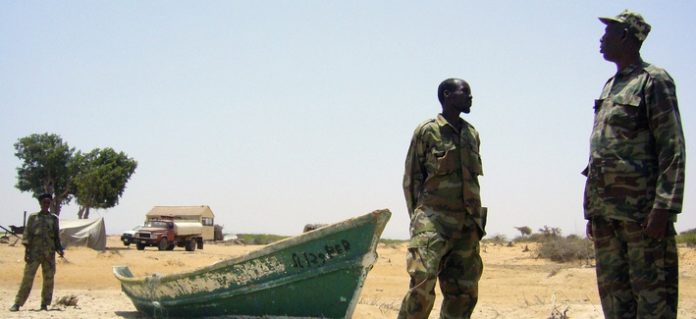China is certainly not the only country with predatory fishing fleets, but its boats are the ones that have been invited into our territorial waters by a foreign power.
An oasis of stability in a volatile region, Somaliland has long safeguarded our maritime zones from piracy, terrorism and crime, including illegal fishing. Thanks to the responsible stewardship of our coastal ecosystem, Somaliland’s territorial waters are home to hundreds of fish species. For this reason, conservationists and diplomats alike should be alarmed by neighboring Somalia’s recent decision to grant licenses to Chinese companies to fish in Somaliland territorial waters. Unless the international community intervenes, 850 kilometers of Somaliland’s coastline and 70,000 square kilometers of its exclusive economic zone will soon become vulnerable to exploitation by foreign commercial entities, putting at risk yet another fragile coastal ecosystem in Africa.
Somaliland and Somalia have a long and complicated history. A former British protectorate, Somaliland secured its independence from the United Kingdom in 1960 and was subsequently recognized by numerous governments, including the United States. Shortly thereafter, Somaliland voluntarily joined with the former Italian Somalia to create the Somali Republic, which over time became subject to autocratic rule and civil conflict. In 1991, the Republic of Somaliland reclaimed its independence, building a successful democratic state despite the ongoing violence in neighboring Somalia. Yet to date it remains unrecognized by the international community.
Fishing in Somaliland is much the same today as it has been for generations, contributing to the preservation and protection of a pristine marine environment. Four thousand miles away, along the coast of West Africa, overfishing is driving many aquatic species to extinction and threatening local livelihoods and food security. Somaliland has watched these developments with great concern.
The Defense One







































